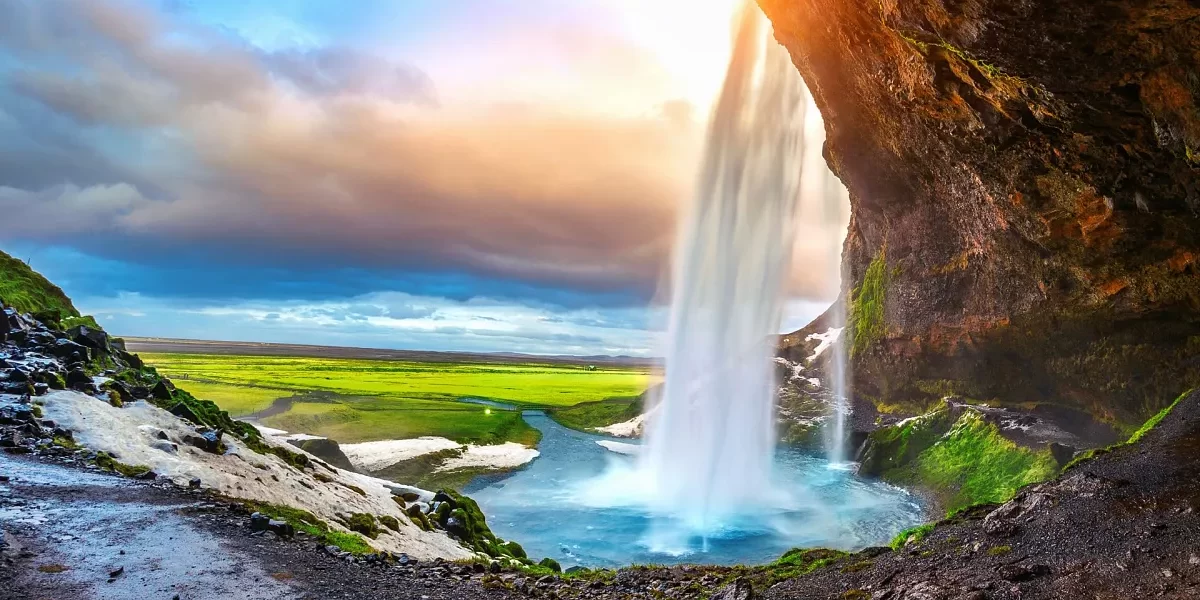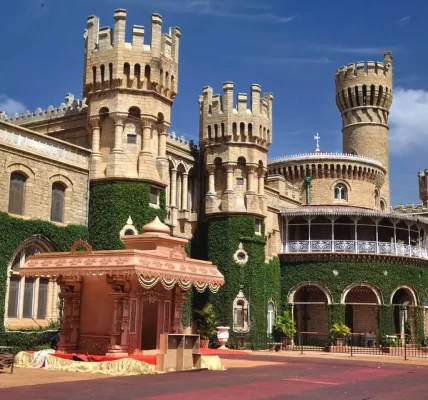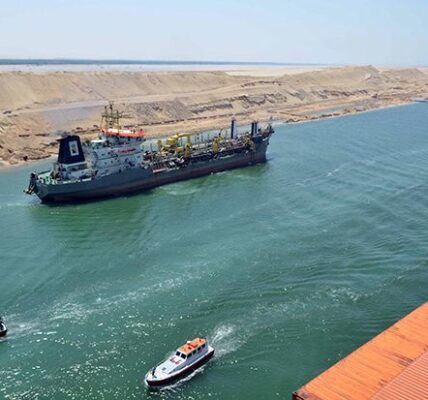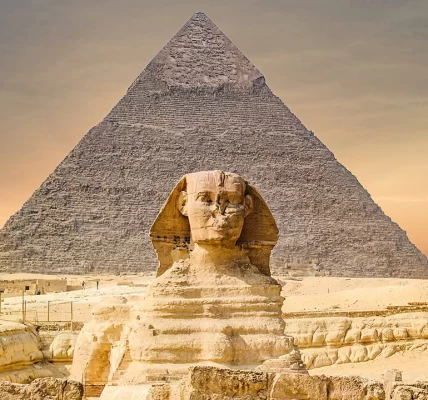Welcome to the land of fire and ice – Iceland. Nestled in the North Atlantic Ocean, this captivating country is a testament to community and cohesion in the face of extreme natural forces. From its majestic glaciers to its steaming geysers, Iceland is a land that embraces contrasts and thrives on unpredictability.
In Iceland, the rugged terrain and volatile climate have shaped a strong sense of community among its inhabitants. Despite the challenges posed by their unique environment, Icelanders have cultivated a remarkable resilience and a deep bond with their fellow countrymen. From fishing villages dotting the coast to tight-knit communities nestled in the countryside, the spirit of togetherness resonates throughout the nation.
This article explores the captivating landscapes of Iceland and delves into the cultural fabric that holds its people together. From the bustling capital city of Reykjavik to the remote villages of the Westfjords, we will unravel the secrets behind Iceland’s remarkable community spirit and delve into the factors that contribute to its cohesive society. Join us on this journey to discover Iceland’s cohesive spirit, and gain insights into how this remarkable land has thrived in the face of extremes.
The history and culture of Iceland
Iceland’s history is a tapestry of resilience, innovation, and cultural richness. The island nation was first settled by Norse Vikings in the 9th century, and the rugged landscape and harsh climate quickly shaped the character of its people. The Icelandic sagas, ancient tales that recount the lives and exploits of the island’s early inhabitants, provide a glimpse into the hardships and triumphs that defined the nation’s formative years.
Despite the challenges posed by their environment, Icelanders developed a deep appreciation for the natural world and a reverence for the forces that shaped their homeland. This reverence is reflected in their rich folklore, which is filled with tales of elves, trolls, and other mythical creatures that are said to inhabit the island’s otherworldly landscapes. The Icelandic language, which has remained largely unchanged since the country’s settlement, is a testament to the island’s cultural continuity and the enduring spirit of its people.
Throughout its history, Iceland has also been shaped by its unique geopolitical position. As an island nation situated between Europe and North America, Iceland has served as a strategic outpost and a hub of cultural exchange. This has led to a diverse cultural tapestry that blends Scandinavian, European, and North American influences, creating a unique Icelandic identity that is both deeply rooted in tradition and open to new ideas and influences.
Iceland’s sense of community and strong social cohesion
At the heart of Iceland’s cultural identity is a deep sense of community and social cohesion. This cohesion is rooted in the island’s history of collective struggle against the harsh natural environment, as well as a shared sense of national identity and pride.
One of the key factors that contributes to Iceland’s strong community spirit is the country’s small population. With just over 364,000 inhabitants, Icelanders have developed a tight-knit social fabric that is reinforced by a shared sense of belonging and mutual support. This sense of community is particularly evident in the country’s rural areas, where small villages and farming communities have long relied on one another for survival and support.
The Icelandic government has also played a significant role in fostering a strong sense of community and social cohesion. Through a comprehensive social welfare system, universal healthcare, and a robust education system, the government has created a society that prioritizes the well-being and equality of all its citizens. This has helped to bridge the gap between different socioeconomic groups and has contributed to a sense of shared prosperity and collective responsibility.

Exploring Iceland’s sustainable initiatives and environmental consciousness
Iceland’s commitment to sustainability and environmental protection is another key factor that contributes to its strong sense of community and cohesion. The island nation has long been at the forefront of renewable energy and sustainable development, with a significant portion of its energy needs being met through geothermal and hydroelectric power.
This focus on sustainability is not just a matter of economic or environmental necessity, but also a reflection of the Icelandic people’s deep respect for the natural world. Icelanders have a profound reverence for the island’s dramatic landscapes, from its towering glaciers to its bubbling hot springs, and they have worked tirelessly to protect these natural wonders for future generations.
One of the most impressive examples of Iceland’s environmental consciousness is its commitment to sustainable tourism. The country has implemented a range of measures to ensure that the influx of visitors to its shores does not come at the expense of its fragile ecosystems. This includes strict regulations on the development of tourist infrastructure, as well as initiatives to educate visitors on the importance of responsible travel and environmental stewardship.
Iceland’s education system and focus on social equality
Iceland’s commitment to social equality and inclusivity is another key factor that contributes to its strong sense of community and cohesion. The country’s education system, in particular, is a shining example of this commitment, with a focus on providing high-quality education to all citizens, regardless of their socioeconomic background.
One of the hallmarks of Iceland’s education system is its emphasis on equality and inclusivity. The country’s schools are open to all children, and there is a strong emphasis on ensuring that every student has access to the resources and support they need to succeed. This includes a robust system of special education and support services for students with disabilities or other learning needs.
In addition to its focus on equality, Iceland’s education system also places a strong emphasis on cultivating a sense of civic responsibility and community engagement. Students are encouraged to participate in a wide range of extracurricular activities, from sports and arts to community service and environmental stewardship. This helps to foster a strong sense of belonging and a commitment to the greater good, which in turn contributes to the country’s strong sense of community and cohesion.
The impact of tourism on Iceland’s community and culture
Iceland’s stunning natural landscapes and unique cultural heritage have made it a popular tourist destination in recent years, drawing millions of visitors to its shores. While this influx of tourism has brought significant economic benefits to the country, it has also posed some challenges for its tight-knit communities and cultural fabric.
One of the primary concerns around the impact of tourism in Iceland is the potential for it to disrupt the delicate balance of the country’s social and cultural ecosystems. As more and more visitors flock to the island, there is a risk that traditional ways of life and community structures could be eroded, as local resources and infrastructure become strained and the character of certain regions is transformed.
To address these challenges, the Icelandic government and local communities have implemented a range of measures to ensure that tourism development is sustainable and respectful of the country’s cultural heritage. This includes strict regulations on the construction of tourist facilities, as well as initiatives to educate visitors on the importance of responsible travel and cultural preservation.
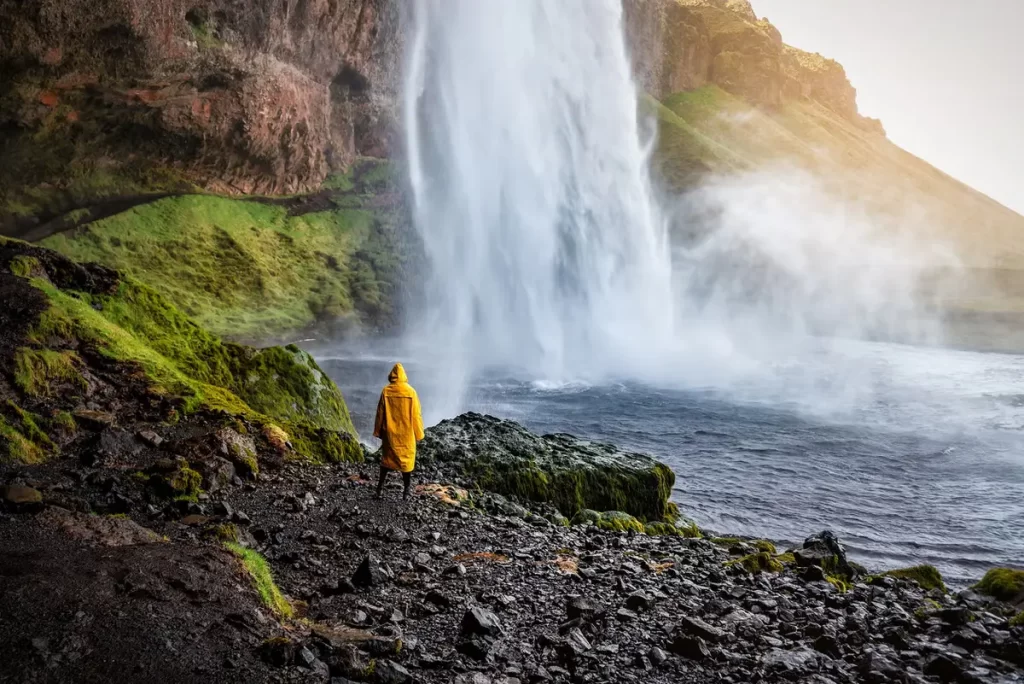
Iceland’s healthcare system and commitment to well-being
Iceland’s commitment to the well-being of its citizens is another key factor that contributes to its strong sense of community and cohesion. The country’s healthcare system, in particular, is a shining example of this commitment, providing universal coverage and high-quality care to all Icelanders, regardless of their socioeconomic status.
One of the hallmarks of Iceland’s healthcare system is its focus on preventive care and holistic well-being. In addition to providing comprehensive medical services, the system also emphasizes the importance of mental health, physical fitness, and healthy lifestyle choices. This holistic approach to healthcare has helped to foster a culture of wellness and self-care among Icelanders, which in turn contributes to the country’s overall sense of community and cohesion.
Another key aspect of Iceland’s healthcare system is its commitment to accessibility and equity. The country has invested heavily in ensuring that healthcare services are available to all citizens, even in the most remote and sparsely populated regions. This has helped to bridge the gap between urban and rural communities, and has contributed to a sense of shared responsibility for the well-being of all Icelanders.
Iceland’s vibrant arts and music scene
Iceland’s cultural identity is also deeply rooted in its vibrant arts and music scene, which has gained international recognition and acclaim in recent years. From the country’s iconic musicians, such as Björk and Sigur Rós, to its thriving visual arts community, Iceland’s creative output is a reflection of the island’s unique cultural heritage and the resilience of situstoto.
One of the key factors that contributes to Iceland’s thriving arts and music scene is the country’s strong sense of community and shared identity. Icelanders have long valued the arts as a means of expressing their cultural traditions, as well as a way of fostering a sense of belonging and shared experience among the island’s inhabitants.
This commitment to the arts is evident in the country’s extensive network of cultural institutions, from museums and galleries to music festivals and artist residencies. These spaces not only serve as hubs for creative expression, but also as gathering places where Icelanders can come together to celebrate their shared heritage and connect with one another.
Iceland’s sports and recreational activities that foster community engagement
In addition to its vibrant arts and music scene, Iceland is also renowned for its rich tradition of sports and recreational activities that foster a strong sense of community and engagement among its citizens. From the country’s national sport of handball to its thriving outdoor recreation scene, Icelanders have long embraced physical activity and competition as a means of building social connections and cultivating a shared sense of identity.
One of the most prominent examples of this community-oriented approach to sports and recreation is the country’s extensive network of community-based sports clubs and recreational organizations. These groups, which are often organized at the local level, provide Icelanders with opportunities to engage in a wide range of physical activities, from team sports to individual pursuits like hiking and cycling.
Beyond their recreational value, these community-based sports and recreational organizations also play a crucial role in fostering a sense of belonging and social cohesion among Icelanders. By bringing people together around shared interests and goals, these groups help to build strong social networks and reinforce the country’s deep-rooted sense of community.
Reflection on the factors that contribute to Iceland’s strong sense of community and cohesion
In conclusion, Iceland’s remarkable sense of community and social cohesion is the product of a complex interplay of historical, cultural, and environmental factors that have shaped the island nation over centuries. From its rugged natural landscapes to its robust social welfare system, Iceland has cultivated a unique and resilient national identity that is deeply rooted in a shared sense of belonging and collective responsibility.
At the heart of this community spirit is a deep reverence for the natural world and a commitment to sustainable development that has helped to foster a strong sense of environmental stewardship and civic engagement among Icelanders. This, in turn, has contributed to a culture of inclusivity, equality, and mutual support that is reflected in the country’s education system, healthcare infrastructure, and vibrant arts and music scene.
As Iceland continues to navigate the challenges of the 21st century, from the impacts of climate change to the demands of a rapidly evolving global economy, its strong sense of community and cohesion will undoubtedly play a crucial role in ensuring the island’s continued prosperity and resilience. By drawing on the enduring strengths of its cultural heritage and the ingenuity of its people, Iceland has demonstrated that it is possible to thrive in the face of even the most daunting of extremes.
Also read: Omurice Delight: Unleash the Ultimate Comfort Food Sensation

